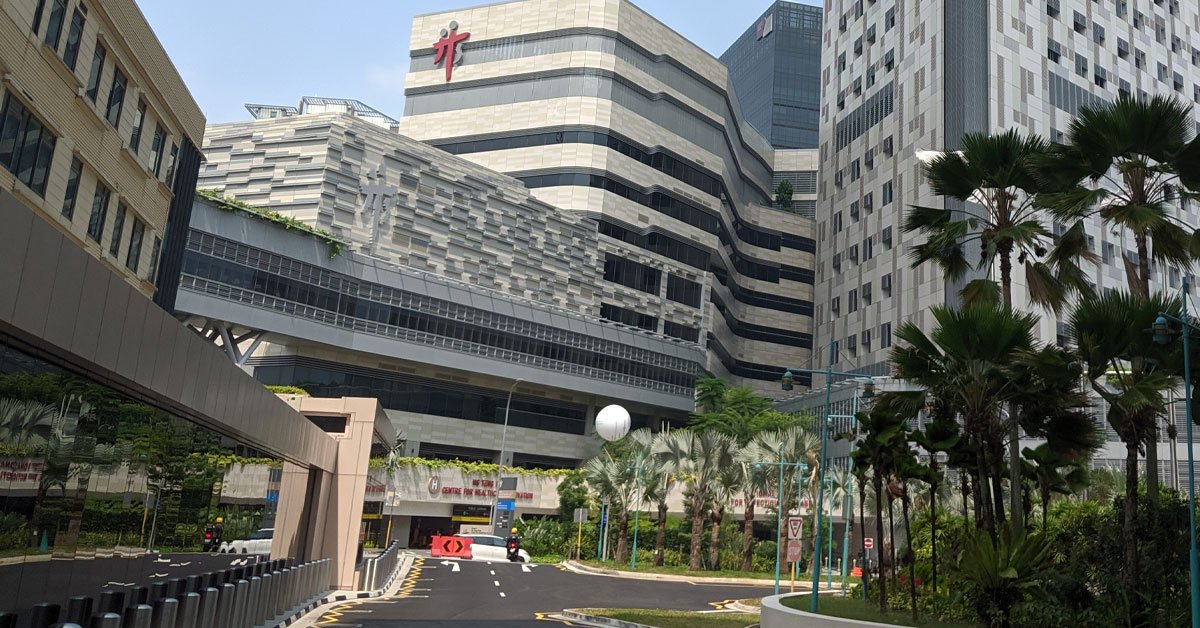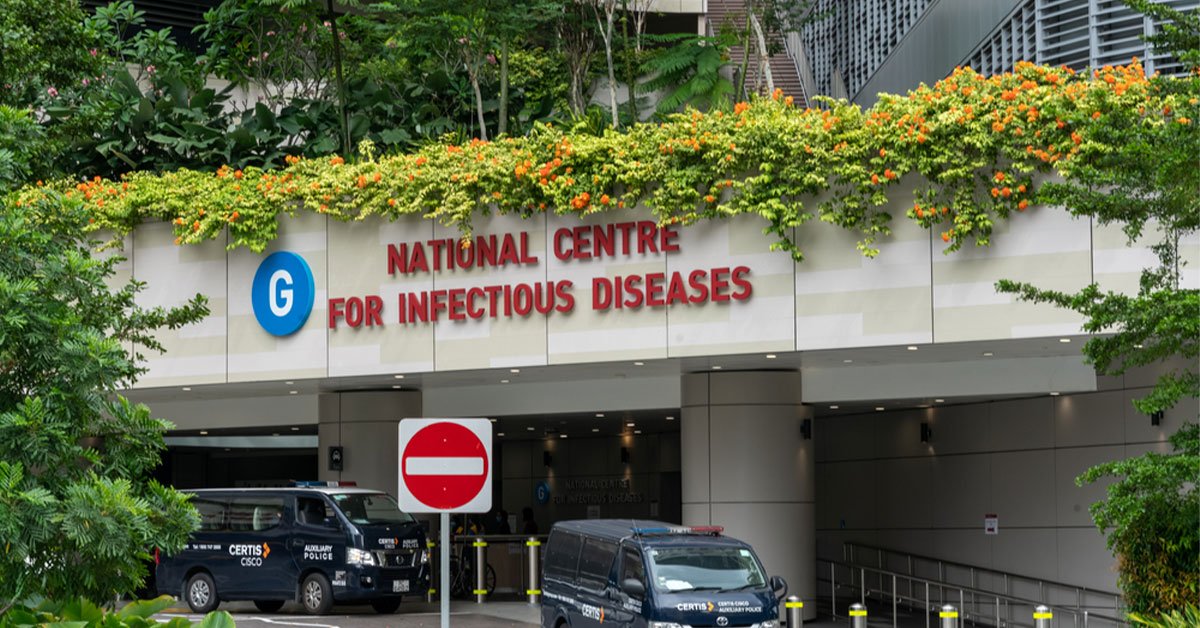If you haven’t been living under a rock, you would know that COVID-19 has been spreading all over the world.
No country is safe; this includes Indonesia too.
But I thought Indonesia did not have any COVID-19 cases?
Well reader, you are as wrong as wrong can be.
If a meme can go viral and hit every corner of the Earth with it, so can COVID-19.
Two-Week Emergency in Jakarta
Just yesterday night (20 March), the governor of Indonesia’s capital, has declared Jakarta as a state of emergency for the next two weeks.
Reason? The death toll in the country has climbed its way to victory as the highest in Southeast Asia.
Governor Anies Baswedan stated that the number of hospitals and staff are not in line with the growth of cases. Hence, there is a limit in their response capability.
Just how bad is it? According to a health ministry official, Indonesia had 369 confirmed cases and 32 deaths as of Friday (20 March).
Just Jakarta alone, a city of 10 million people, it had 215 confirmed infections and 18 deaths.
Actions Taken
Given that Jakarta is the centre of Indonesia’s COVID-19 outbreak, public entertainment such as bars, spas and cinemas would be shut from Monday.
Public transportation will be limited as well, while companies are urged to let staff work from home.
Jakarta has also suspended religious activities, such as Islamic Friday prayers and Christian services for these two weeks. So it’s no longer just an appeal.
Dr Anies mentioned that he would provide support for people who relied on a daily salary.
In addition, President Joko Widodo stated earlier on Friday (20 March) that he would use “all state power” to tackle the outbreak.
Lest you didn’t know, when a place is in a state of emergency, the authorities would have the power to do anything just to keep everything in control without the need to propose new laws or whatever.
A Slow Start to Combat
Along with the emergency declaration, there has been a rapid increase in infections in Southeast Asia.
One instance is our neighbour Malaysia, where infections have increased to 1,030 on Friday (20 March). This is the highest in the region and the fourth biggest in Asia.
On the other hand, Indonesia, the world’s fourth most populous country, has faced criticism from medical workers for the slow start in taking action against COVID-19.
With a population of 270 million, more work needs to be done for contact tracing.
Mr Joko stated on live national television that they are going door to door to test people. On the other hand, the result of their mapping indicates the hardest-hit area is South Jakarta.
As of now, Indonesia has estimated the number of people who have had possible contact with COVID-19 suspects to be more than half a million.
That’s a lot, if you think about it. With the rapid increase in the number of infections, it is spreading faster than one can detect it.
Let’s hope that Indonesia would step up to the game and catch up with the virus, despite the slow start to combat.
Better late than never, am I right?



